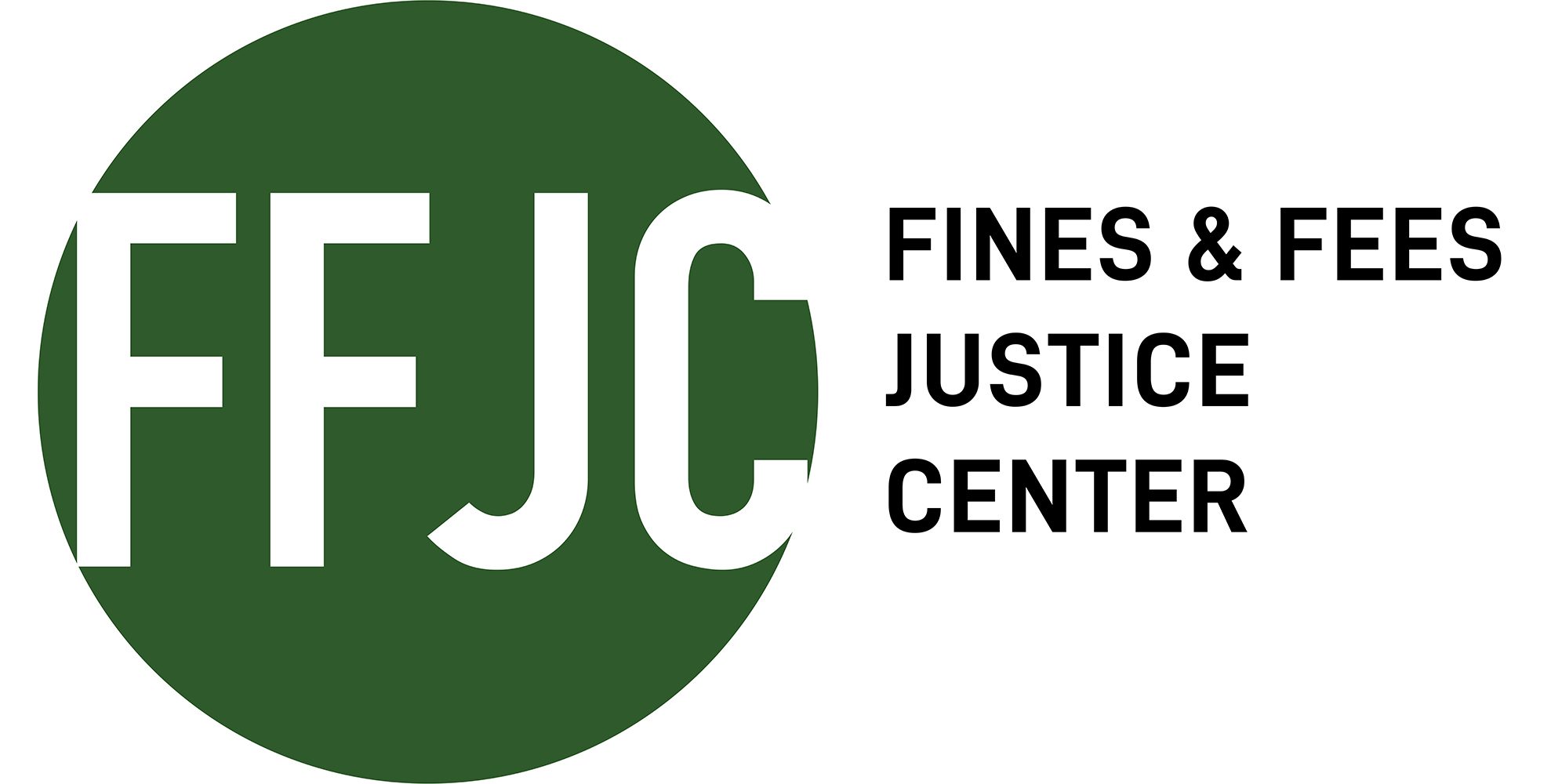Background: A City of Los Angeles ordinance requires a person pay a $63 fine if their car is parked past the allotted time limit. If the fine is not paid within 21 days, they will be assessed a $63 late fee. Jesus Pimentel and other appellants sued the City of Los Angeles asserting that the fine and late payment penalties violate the Eight Amendment’s Excessive Fines Clause. The district court granted summary judgement ruling that the fines and late fees were not grossly disproportionate to the underlying offense and did not violate the Excessive Fines Clause.
Holding: The United States Court of Appeals for the Ninth Circuit affirmed in part and reversed in part. The panel held that the initial fines did not violate the clause because it was not grossly disproportionate to the offense, but they reversed the summary judgement in favor of the City as to the late penalty, holding that they did not know the justification for setting the late fee at 100% of the initial fine. The panel remanded for the district court to determine under United States Bajakajian, 524 U.S. 321 (1998) whether the City’s late fee ran afoul of the Excessive Fines Clause.
The Eight Amendment provides that excessive bail shall not be required nor excessive fines imposed, nor cruel and unusual punishments inflicted. The Supreme Court has held that a fine is unconstitutionally excessive under the Eight Amendment if its amount is grossly disproportional to the gravity of the defendant’s offense. To determine whether a fine is grossly disproportional to the underlying offense, four factors are considered: the nature and extent of the underlying offense; whether the underlying offenses related to other illegal activities; whether other penalties may be imposed for the offense; and the extent of the harm caused by the offense.
In its review of the initial $63 fine under the 4 factor test, the court found that it did not violate the Excessive Fines Clause because the nature and extent of the violations was minimal not de minimus, there is no information in the record showing whether overstaying a parking meter relates to other illegal activities, neither party suggests that alternative penalties may be imposed instead of the fine, and the city is harmed because overstaying parking meters leads to increased congestion and impeded traffic flow.
Pimentel further argued that the City has proffered no evidence showing that the initial fine deters parking violation or promotes compliance, but the court concluded that the fine is sufficiently large to deter parking violations but not so large as to be grossly out of proportion to combating traffic congestion. The court declined the invitation to affirmatively incorporate a means testing requirement–to determine if the fine was excessive for the individual defendant– for claims arising under the Eighth Amendment’s Excessive Fines Clause, because it was a novel claim in this circuit.
The court also held that the district court erred by granting summary judgement in favor of the City of Los Angeles as to the late penalty of $63. The court reasoned that the government cannot overstep its authority and impose fines on its citizens without paying heed to the limits posed by the Eight Amendment, and the city did not address its justification for setting the late fee at one hundred percent of the initial fine.
Judge Bennett issued a concurring opinion stating that everytime a city or town rents out its parking or otherwise charges for use of their property, they should not be subject to a 1983 action, but because they did not contest this issue, he concurs in the judgement.
You can read the full opinion here.
